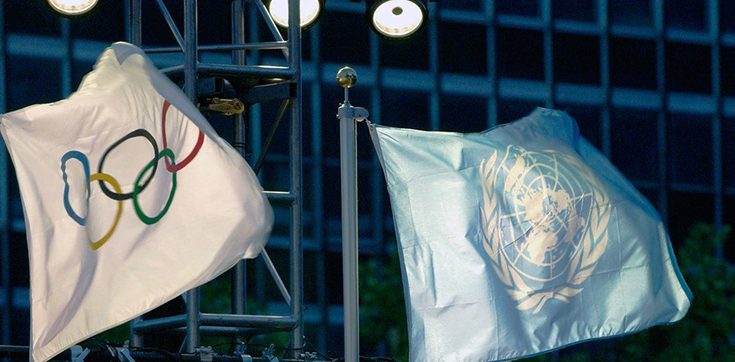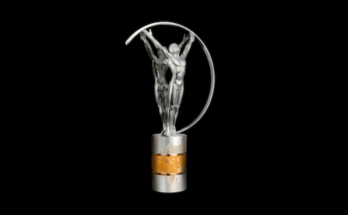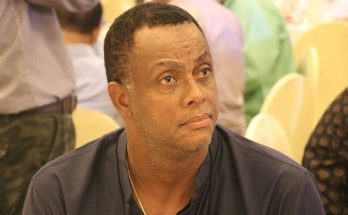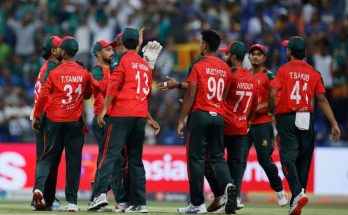New York: Two UN experts commended the International Olympic Committee (IOC) on Wednesday for considering the admission of athletes from the Russian Federation and Belarus in sports competitions as “neutral” contestants.
Against the backdrop of the ongoing and deadly Russian invasion of Ukraine, the experts urged the IOC to adopt a decision in that direction, and to go further.
Level playing field needed
Alexandra Xanthaki, Special Rapporteur in the field of cultural rights and Ashwini K.P., Special Rapporteur on contemporary forms of racism, racial discrimination, xenophobia and related intolerance, asked the world Olympic body to also ensure the non-discrimination of any athlete based on their nationality, and emphasized that no athlete should be required to take sides in the conflict.
Discrimination-free sports
With IOC permission, the athletes would be able to get a chance to participate in the Paris Olympic Games in 2024. Following the UN experts’ discussions with the IOC Executive Board, the world sports body issued a statement on Saturday referring to the need to respect the rights of all athletes to be treated without any discrimination, in line with the Olympic Charter.
In its statement, IOC said “no athlete should be prevented from competing just because of their passport” and that “a pathway for athletes’ participation in competition under strict conditions should therefore be further explored.”
Olympic Charter must prevail
The Olympic Charter must be the guide, the Special Rapporteurs said. They consider the recent IOC statement a reversal of the world sports committee’s recommended ban on athletes and officials from those countries, which came days after the Russian Federation’s invasion of Ukraine in February 2022.
“The IOC recommendation raised serious issues of direct discrimination,” the UN experts said. “We understand the desire to support Ukrainian athletes and the Ukrainian Olympic community, who suffer terribly from the war, together with all other Ukrainians, but the Olympic Committee and more widely the Olympic community have also the compelling obligation to abide by the Olympic Charter, and more widely international human rights norms prohibiting discrimination.”
Same rules for all
Referring to the IOC condition that only Russian and Belarussian athletes who have not actively supported the war in Ukraine would be permitted to compete in a neutral capacity, the experts urged the IOC to take more steps to align its recommendations with international human rights standards on non-discrimination. “When States so flagrantly ignore human rights, we have a greater obligation to stand in support of our common values,” the experts said.
“This condition opens the door to pressure and interpretation,” they said. “The same rules must apply to all athletes, whatever their nationality. This includes the rule that any advocacy of national, racial or religious hatred that constitutes incitement to discrimination, hostility or violence shall be prohibited.”
IOC: sanctions not negotiable
Meanwhile, IOC issued a statement on Tuesday, reiterating that “the sanctions against the Russian and Belarusian States and Governments are not negotiable. They have been unanimously confirmed by the recent Olympic Summit meeting on 9 December 2022.” The statement on the IOC ban – which, among other things, prohibits the Russian Federation and Belarus from hosting international sports competitions – came soon after the Olympic Council of Asia had invited Russian and Belarusian athletes to compete in the region.
In recent news reports, Ukraine’s leadership condemned the Olympic Council of Asia’s decision to include Russian and Belarusian athletes.
Role of UN Rapporteurs
Special Rapporteurs are appointed by the UN Human Rights Council, which is located in Geneva.They are mandated to examine and report back on a specific human rights theme or a country situation.
#InternationalOlympicCommittee, #BelarusAthletes, # UN, #Russia





